TMJ Treatment
Facial and jaw pain are just two of the many symptoms of temporomandibular joint (TMJ) disorder, or TMD. Millions of people in the U.S. suffer from TMD, a condition that is often caused by bite misalignment. There is no reason to live with TMJ disorder. Many people with TMD can get relief with advanced dental treatments to reduce stress on their jaw joint. Dr. Wayne Suway DDS, MAGD, D.ABDSM, offers TMJ treatment at his clinic in Atlanta, inviting patients from Marietta, East Cobb and the surrounding communities.
When the teeth and jaw are misaligned, it can strain the temporomandibular joint and the surrounding tissue. The temporomandibular joint connects the lower jaw to the skull, allowing for side-to-side and up and down movements. When the teeth from the upper and lower jaw do not align properly, this can put stress on the jaw joint, tendons and muscles. The result is TMD, which can cause a variety of symptoms. If not treated, TMJ disorders tend to worsen and may need surgery to correct.
Common TMD Symptoms
Every case of TMD can be slightly different, depending on how severe the joint strain is and what components of the jaw are affected. There are common symptoms that are shared between most people who suffer from a TMJ disorder. Some people may have a few of these symptoms, others may have several:
- Jaw pain and facial tenderness
- Popping or clicking in the jaw when opened or closed
- Ringing in the ears or tinnitus
- Headaches or migraines
- Pain in upper back, shoulders or neck
- Numbness radiating in arms or hands
- Difficulty chewing or opening the jaw
Most people with TMJ disorder have localized pain or discomfort in the jaw area, but it is possible to have TMD without jaw pain. These cases can be misdiagnosed as migraines, sinus or neck issues when the cause of the symptoms is in the jaw. It is important to visit a master dentist like Dr. Suway to get a comprehensive dental exam to determine whether TMD may be the cause of your symptoms.
Diagnosing TMJ Disorders
Dr. Suway uses advanced techniques and tools to diagnose TMJ disorders. Since TMJ disorders can vary in severity and symptoms, Dr. Suway performs a physical examination, views x-rays and uses a TMJ Doppler unit to determine if a patient has TMD and the level of severity. Using the data gathered during the exam, Dr. Suway can create a treatment plan to reduce strain on the jaw and relieve the symptoms.
For most patients with TMJ disorder, bite alignment treatment can offer relief. When the teeth and jaw align, the tendons and joint are not strained, and symptoms dissipate. This can be achieved through dental treatments to reshape or restore teeth for better alignment. Fixing broken teeth or replacing missing teeth can help with alignment. In some cases, a temporary or permanent bite guard can adjust the alignment, offering relief from TMJ disorder.
Dr. Suway uses his expertise from decades as a master dentist to find the best treatment solution for his patients with TMD. When the tendons, muscles, nerves, teeth and jaw joint are aligned and not impinged, the pain and jaw dysfunction common with TMD fades away. Making a few adjustments can stop the headaches and pain, offering relief for those with varying degrees of TMJ disorder.
If you live in Marietta or East Cobb and have symptoms of temporomandibular joint disorder, schedule a consultation with Dr. Wayne Suway for a diagnosis. Dr. Suway can find an effective treatment option to give you relief and stop the progression of your TMJ disorder. Contact our dentist office in Atlanta today to schedule your appointment.









